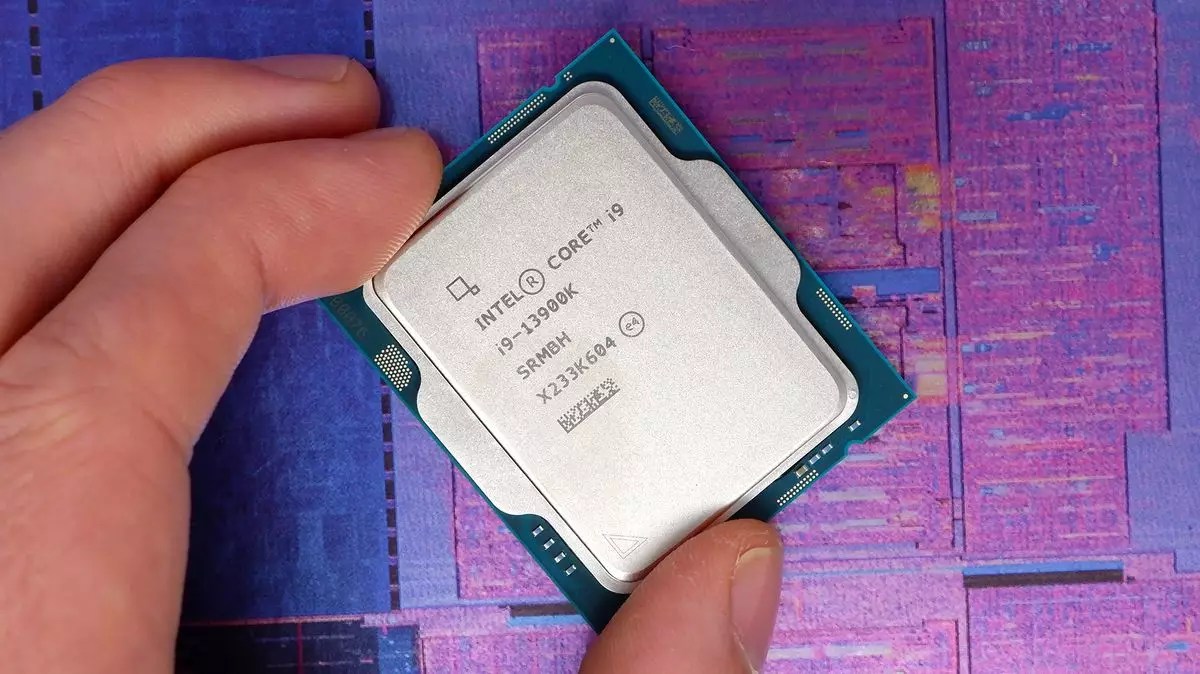The ongoing stability issues surrounding Intel’s 13th and 14th Gen processors have sent shockwaves through the gaming community and beyond. Reports of game crashes, data compression errors, and widespread instability have led to a flurry of attempted fixes and diagnoses. However, despite these efforts, the problem persists, casting a shadow of uncertainty over the Intel CPU lineup.
One of the most concerning revelations came from game studio Alderon Games, the developer of the popular dino survival game Path of Titans. In no uncertain terms, they declared that “Intel is selling defective 13-14th Gen CPUs” and that the failure rate for affected processors is “nearly 100%.” This bold statement is supported by reports from players, server providers, and even Alderon Games’ own development team. The severity of the issue cannot be understated, given the widespread impact it has had on the gaming community.
As tech YouTuber Level1Tech dove deeper into the issue, a troubling picture began to emerge. Analysing data from game crash reports, they discovered that a significant portion of errors were originating from Intel 13th and 14th Gen systems. This data raises questions about the root cause of the problem, as traditional fixes such as power profile adjustments and BIOS updates have failed to address the underlying issues.
The emergence of chip degradation as a potential culprit adds another layer of complexity to the situation. Discussions with datacenter service providers revealed that support incidents for Intel 13th and 14th Gen configurations were unusually high, despite efforts to maintain low power limits and temperatures for stability. The observation that CPUs are deteriorating over time, eventually leading to failure, suggests a deeper underlying issue that goes beyond mere thermal or power concerns.
The implications of these stability issues extend far beyond the gaming sphere. With reports of Intel CPUs failing at an alarming rate, concerns about the long-term viability of these processors have come to the forefront. Alderon Games’ assertion that the failure rate observed in their testing is nearly 100% paints a grim picture of the future for affected CPUs.
The high clock speeds and impressive performance of Intel’s Raptor Lake CPUs have long been a selling point for gamers seeking top-tier performance. However, the revelation that these processors are facing such widespread stability issues raises questions about the sustainability of Intel’s current product lineup. As gamers grapple with the implications of these revelations, it is clear that a comprehensive solution is needed to address the underlying issues plaguing Intel’s 13th and 14th Gen processors.
The stability issues facing Intel’s 13th and 14th Gen processors represent a significant challenge for both gamers and the broader tech industry. The persistence of these problems, despite numerous attempted fixes, underscores the severity of the underlying issues at play. As stakeholders across the industry work to uncover the root causes and develop sustainable solutions, the future of Intel’s CPU lineup hangs in the balance.


Leave a Reply